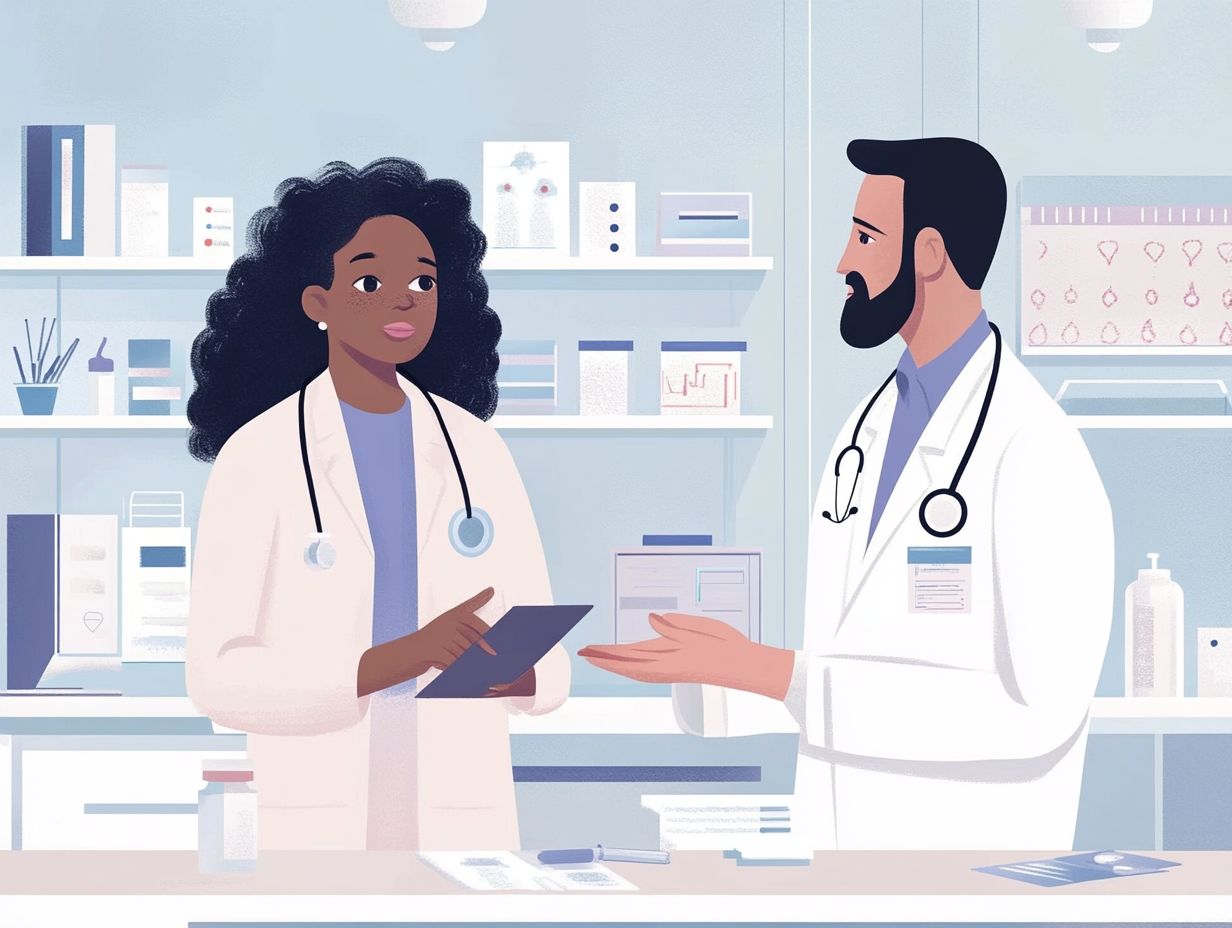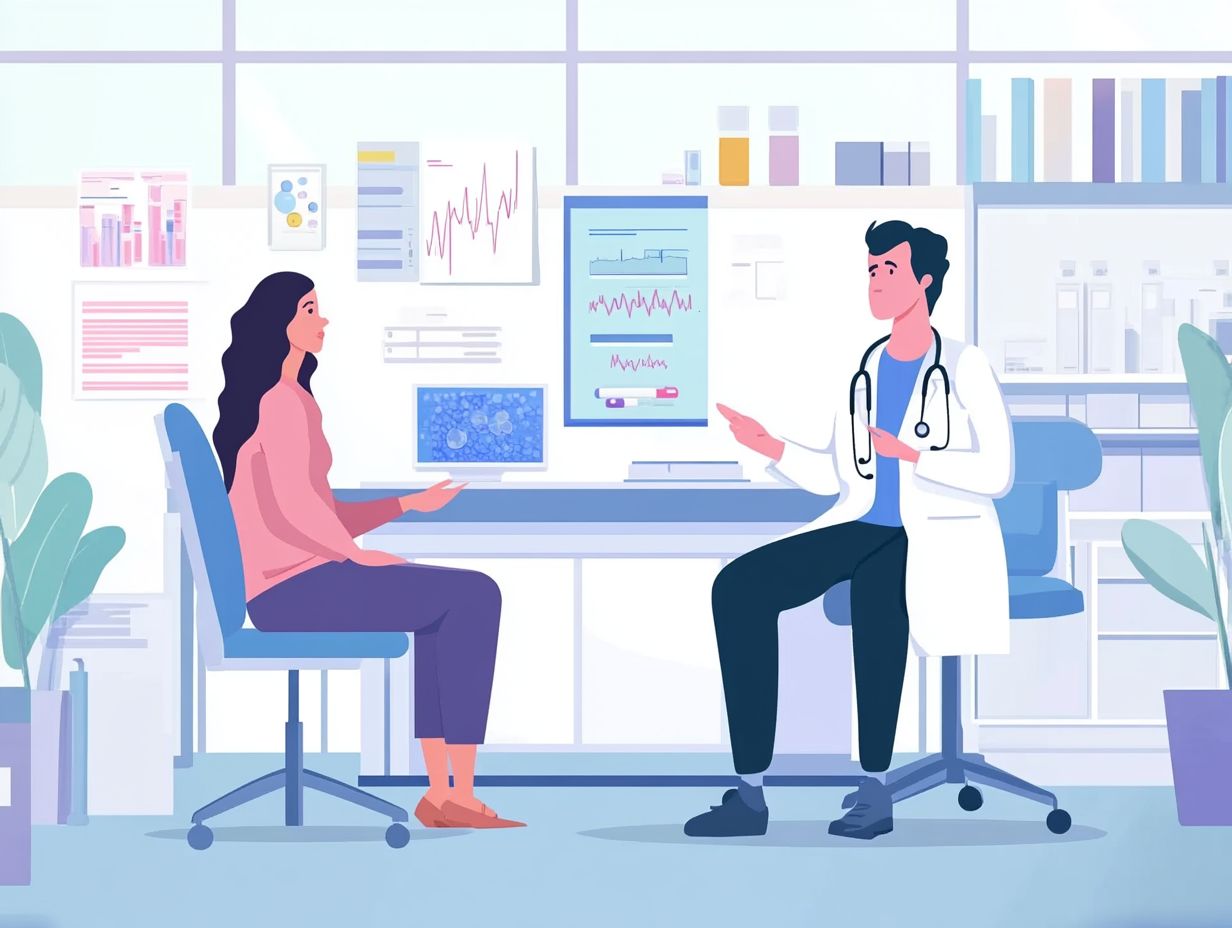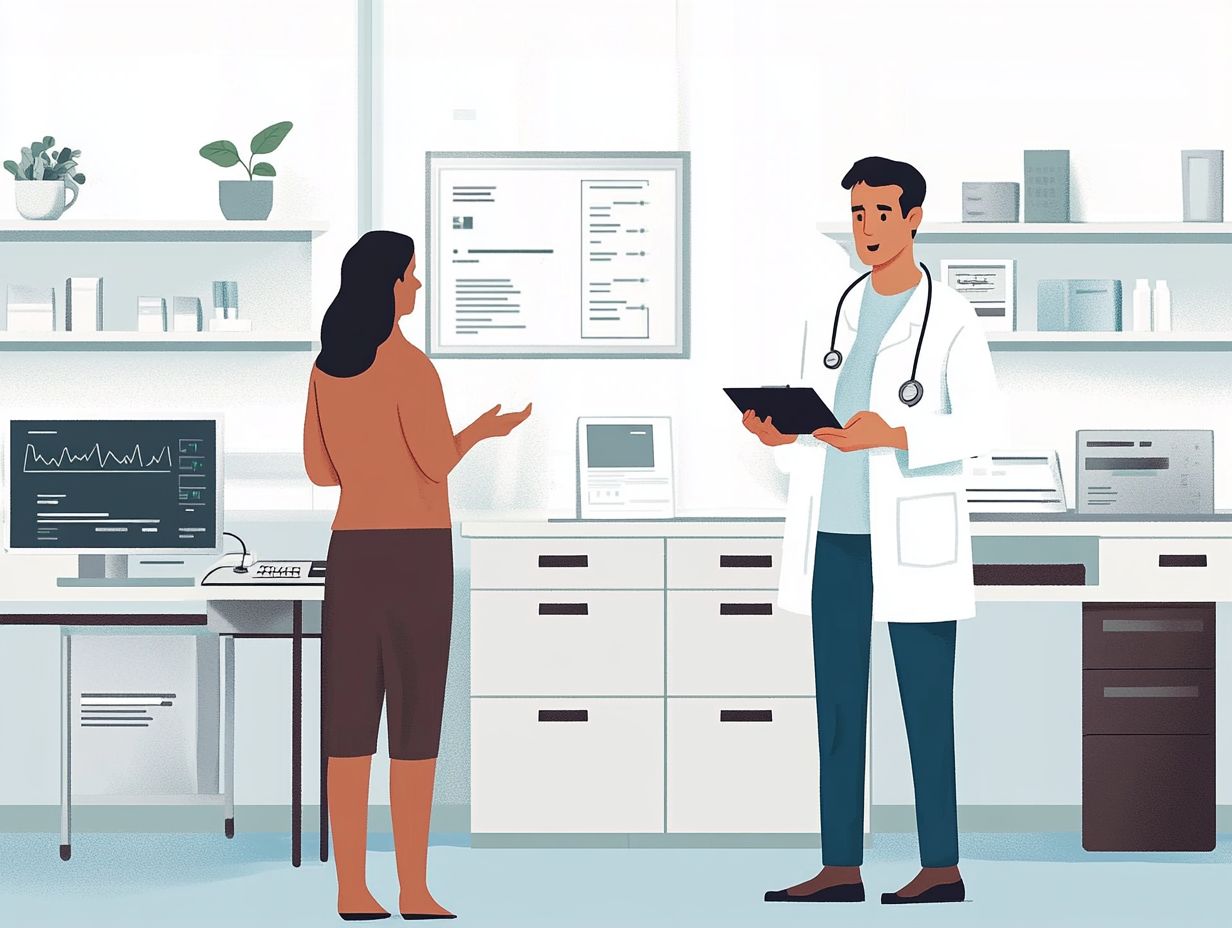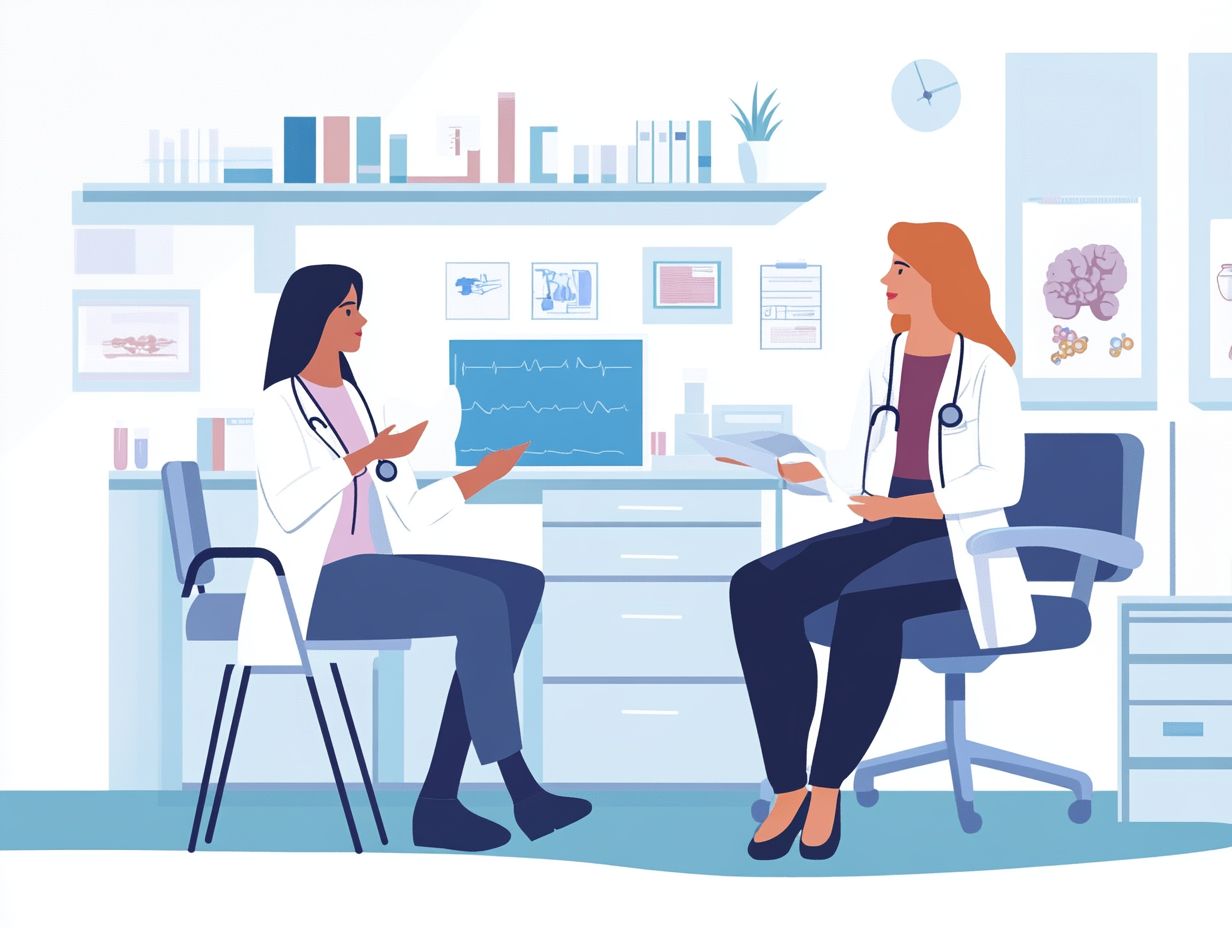Accessing experimental treatments for cancer offers patients new therapeutic options, often available through clinical trials supported by organizations like the NCI (National Cancer Institute). These treatments include innovative therapies like immunotherapy, stem cell transplants, and novel chemotherapy protocols, aiming to provide alternatives beyond standard care.
To access these treatments, patients can participate in clinical trials, which are meticulously designed to evaluate the safety and efficacy of new therapies. Eligibility criteria for these trials depend on specific factors, such as cancer type and stage, previous treatments, and overall health status.
Resources like ClinicalTrials.gov, cancer treatment centers, and cancer advocacy groups are invaluable for finding and accessing these trials, with patient assistance often provided by healthcare teams.
While experimental treatments come with potential risks, they also offer the possibility of accessing cutting-edge therapies and contributing to medical advancements. By consulting healthcare providers, discussing trial results, and utilizing available resources, patients can navigate their options and make informed decisions about participating in experimental cancer treatments.
Key Takeaways:
Understanding Experimental Treatments for Cancer

Experimental treatments for cancer are new therapies being tested in clinical trials, such as immunotherapy and stem cell transplants.
These treatments aim to provide additional options beyond traditional cancer therapies.
Patients can access experimental treatments by participating in clinical trials that follow strict protocols.
Clinical trials for experimental cancer treatments are often conducted by medical research organizations.
What are Experimental Treatments?
Experimental treatments are therapies under investigation that have not yet been approved for general use in treating cancer.
These treatments are evaluated in clinical trials to determine their safety and efficacy.
Patients receiving experimental treatments are closely monitored by healthcare professionals.
Types of Experimental Treatments
Types of experimental treatments for cancer include:
- Immunotherapy
- Stem cell transplants
- Novel chemotherapy protocols
Immunotherapy uses the immune system to target cancer cells through monoclonal antibodies or CAR T-cell therapies.
Stem cell transplants restore bone marrow after chemotherapy or radiation to help produce blood cells.
Novel chemotherapy protocols personalize treatments to increase efficacy and reduce side effects.
Eligibility for Experimental Treatments
Eligibility for experimental treatments depends on specific criteria outlined by clinical trials, which may include factors such as the type and stage of cancer, previous treatments, age, and overall health.
These criteria ensure that participants are suitable for testing the safety and efficacy of new therapies.
Criteria for Participation

Criteria for participation in clinical trials include age group, cancer type, disease stage, and previous treatments.
Age is considered to ensure demographic suitability.
Cancer type determines the relevance of the treatment tested.
Disease stage ensures alignment with the trial’s objectives.
Previous treatments are reviewed for safety and protocol integrity.
Finding and Accessing Experimental Treatments
Finding and accessing experimental treatments for cancer involves researching clinical trials and consulting with healthcare providers.
Patients can find experimental treatments by using resources like ClinicalTrials.gov, contacting cancer treatment centers, and discussing options with their oncologists.
Accessing these treatments typically requires meeting eligibility criteria and obtaining approval from the clinical trial administrators.
Resources and Options for Access
Patients can access experimental treatments through resources like ClinicalTrials.gov and organizations such as the Cancer Information Service.
These platforms list ongoing clinical trials, filterable by criteria like location, trial phase, and cancer type.
Health care teams, including trial coordinators and specialized cancer centers, assist patients with trial enrollment, eligibility criteria, and the application process.
This collaboration improves access to experimental therapies and increases successful study participation.
Risks and Benefits of Experimental Treatments
Risks of experimental treatments include unknown side effects, potential ineffectiveness, and health complications.
Benefits of experimental treatments consist of access to cutting-edge therapies, contribution to medical research, and possible health improvements.
Evaluating these risks and benefits helps patients make informed decisions about clinical trials.
Evaluating Potential Risks and Benefits

Evaluating potential risks and benefits of experimental treatments requires understanding clinical trial objectives, side effects, and eligibility criteria.
Patients should review trial protocols and discuss them with healthcare providers to comprehend participation implications.
Informed consent is essential, highlighting risks and benefits like access to new treatments and close monitoring.
Transparent communication with healthcare teams aids in decision-making about trial participation.
Support and Resources for Patients Seeking Experimental Treatments
Patients seeking experimental cancer treatments can find support and resources through clinical trial registries, patient advocacy groups, and specialized medical centers.
Clinical trial registries, such as ClinicalTrials.gov, provide information on ongoing research studies.
Patient advocacy groups offer guidance and connect patients with experimental treatment options.
Specialized medical centers often have dedicated staff to assist with trial enrollment and treatment navigation.
Organizations and Programs for Assistance
Various organizations and programs assist patients in seeking experimental treatments.
The American Society of Clinical Oncology (ASCO) helps patients find clinical trials through its online resources, and the Cancer Information Service provides patient care support.
The Cancer Research Institute connects patients with research initiatives and funding opportunities.
The National Cancer Institute (NCI) maintains a database of ongoing trials, making therapies accessible, including NCI-supported clinical trials that focus on innovative cancer treatments.
Frequently Asked Questions
Can I access experimental treatments for cancer even if I am not enrolled in a clinical trial?

Yes, it is possible to access experimental treatments for cancer outside of a clinical trial. This can be done through expanded access programs or compassionate use programs offered by drug companies and biotechnology firms.
What are expanded access programs?
Expanded access programs, also known as compassionate use programs, allow patients with serious or life-threatening conditions, such as cancer, to access investigational treatments before they have been approved by the FDA.
How do I know if I am eligible for an expanded access program?
Each expanded access program has its own eligibility criteria, which may include specific disease type, stage, and treatment history. You can contact the pharmaceutical company or your healthcare provider to see if you meet the eligibility requirements for a particular program.
Are there any risks associated with accessing experimental treatments outside of a clinical trial?
Yes, there are potential risks involved with accessing experimental treatments outside of a clinical trial. These treatments have not yet been fully tested and may have unknown side effects or interactions with other medications. It is important to discuss these potential risks with your healthcare provider before making a decision.
How can I find out about ongoing clinical trials for experimental cancer treatments?
You can search for clinical trials for experimental cancer treatments on the National Cancer Institute’s website or through ClinicalTrials.gov. Your healthcare provider, hospital, or cancer centers may also be able to provide you with information about ongoing trials in your area.
What other resources are available for accessing experimental cancer treatments?
In addition to expanded access programs and clinical trials, you can also speak with your healthcare provider about off-label use of medications or seek out alternative treatments through integrative oncology clinics. These options may not be covered by insurance and should be thoroughly researched and discussed with your healthcare team, including trial coordinators, to ensure protocol compliance and patient assistance.





